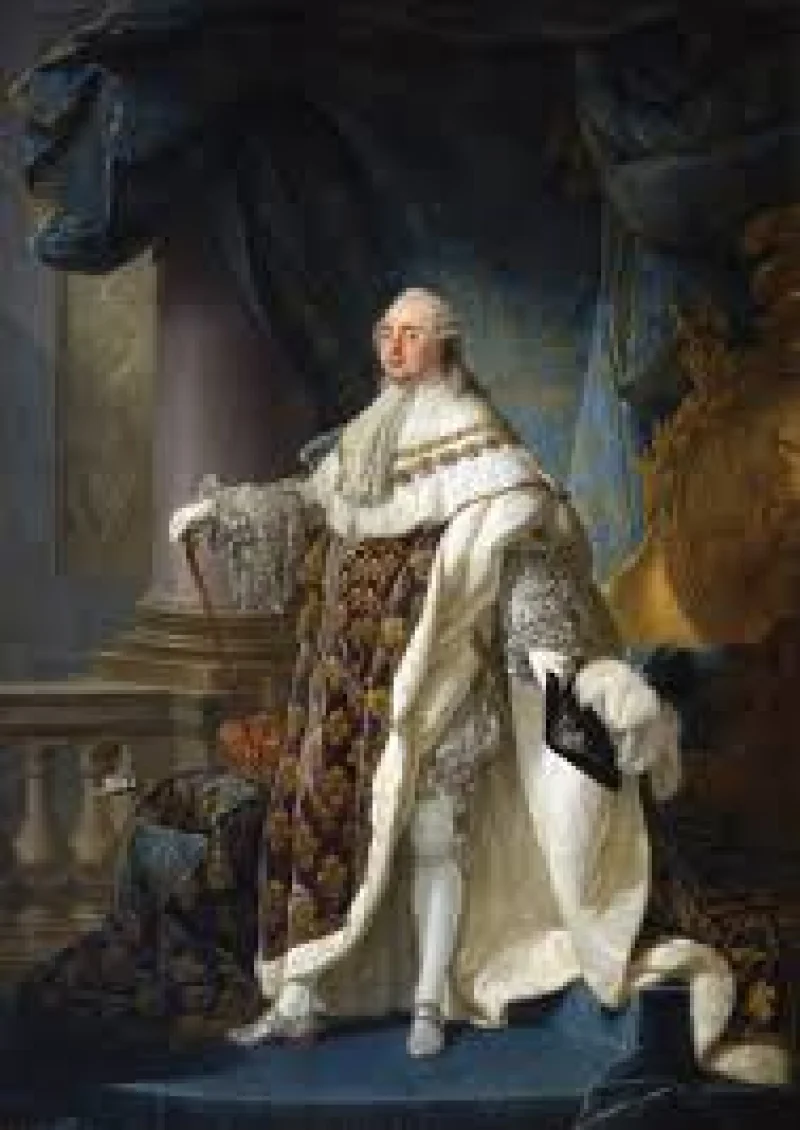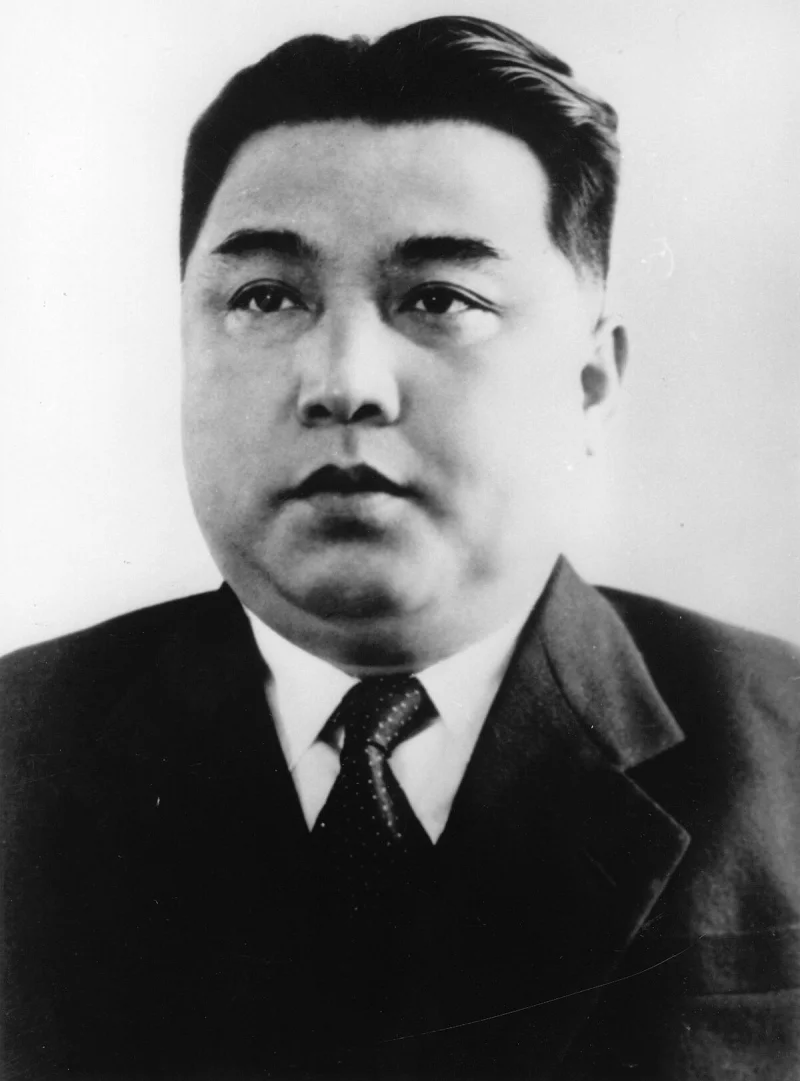Short Summary
Louis XVI was the last king of France before the French Revolution, reigning from 1774 until 1792. His reign was marked by financial turmoil and political unrest, ultimately leading to his deposition and execution in 1793. Despite attempts at reform, Louis XVI's inability to effectively address the growing discontent among his subjects contributed to the revolutionary fervor that swept France. He is chiefly remembered for his role during a pivotal period in French history, which led to the end of the monarchy and the rise of republicanism.
Early Life & Education
Born on August 23, 1754, at the Palace of Versailles, Louis-Auguste was the third son of the Dauphin of France, Louis, and Maria Josepha of Saxony. As a member of the Bourbon family, he was groomed for leadership, although he was not initially expected to inherit the throne. His education was comprehensive, covering classical studies, history, and the sciences, and he was known for his keen interest in locksmithing. Louis was also deeply influenced by Enlightenment ideas, which shaped his initial reforms during his reign. The unexpected deaths of his father and elder brothers placed him directly in line for the throne.
Career Highlights
Louis XVI ascended to the throne in 1774 following the death of his grandfather, Louis XV. His reign began with attempts to implement fiscal reforms to address France's mounting debt, often collaborating with finance ministers like Turgot and Necker. However, his inability to enforce these changes against the opposition of the nobility and clergy weakened his position. The financial crisis was exacerbated by France's support of the American Revolution, which, although politically significant, further strained the nation's finances. The increasing unrest led to the calling of the Estates-General in 1789, a pivotal moment that ultimately contributed to the French Revolution.
Major Achievements
- Supported the American Revolution, aiding the United States in gaining independence from Britain.
- Attempted economic reforms with ministers such as Turgot and Necker to stabilize France's economy.
- Initiated the calling of the Estates-General in 1789, leading to the formation of the National Assembly.
Famous Quotes
- "I die innocent of all the crimes laid to my charge; I pardon those who have occasioned my death."
Interesting Facts
- Louis XVI was an accomplished locksmith and enjoyed working with his hands.
- He married Marie Antoinette, daughter of the Empress of Austria, to strengthen Franco-Austrian relations.
- He attempted to flee France with his family in 1791 but was captured and returned to Paris.
Legacy / Influence
The reign of Louis XVI is a significant chapter in French history, marking the transition from absolute monarchy to modern republicanism. His execution symbolized the end of centuries of monarchical rule in France and set a precedent for the rise of democratic ideals. Despite his failures as a ruler, the events of his reign prompted significant political and social changes in France and influenced revolutions worldwide.
FAQ
Q: Why is Louis XVI famous?
A: Louis XVI is famous for being the last king of France before the French Revolution and for his execution, which marked the fall of the monarchy.
Q: What were the main challenges during his reign?
A: The main challenges were financial crises, political unrest, and the inability to implement effective reforms.
Q: What was Louis XVI's fate?
A: He was executed by guillotine on January 21, 1793, after being found guilty of treason during the French Revolution.









